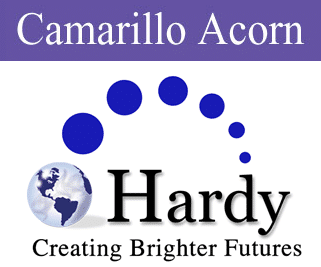 These alternative treatments — electrotherapy stimulation, low-energy neurofeedback, working memory training, and interactive metronome — can help attention deficit adults and children manage ADHD symptoms without medication.
These alternative treatments — electrotherapy stimulation, low-energy neurofeedback, working memory training, and interactive metronome — can help attention deficit adults and children manage ADHD symptoms without medication.
"People with attention deficit have an interesting brain wave profile,” says Richard Brown, M.D., author of How to Use Herbs, Nutrients, and Yoga in Mental Health Care. “Parts of the brain — areas responsible for planning and sequencing, making decisions, and maintaining focus — aren’t functioning as they do in other people.”
Therapies aimed at sharpening those faculties are sometimes required. Read on to learn about four brain training techniques that may help ADHD adults and attention deficit children improve focus and memory, and decrease impulsivity, hyperactivity, and other ADHD symptoms.

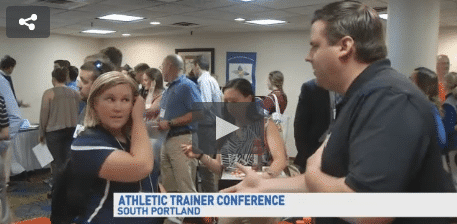
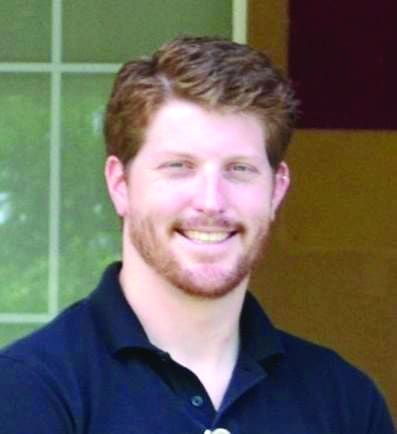
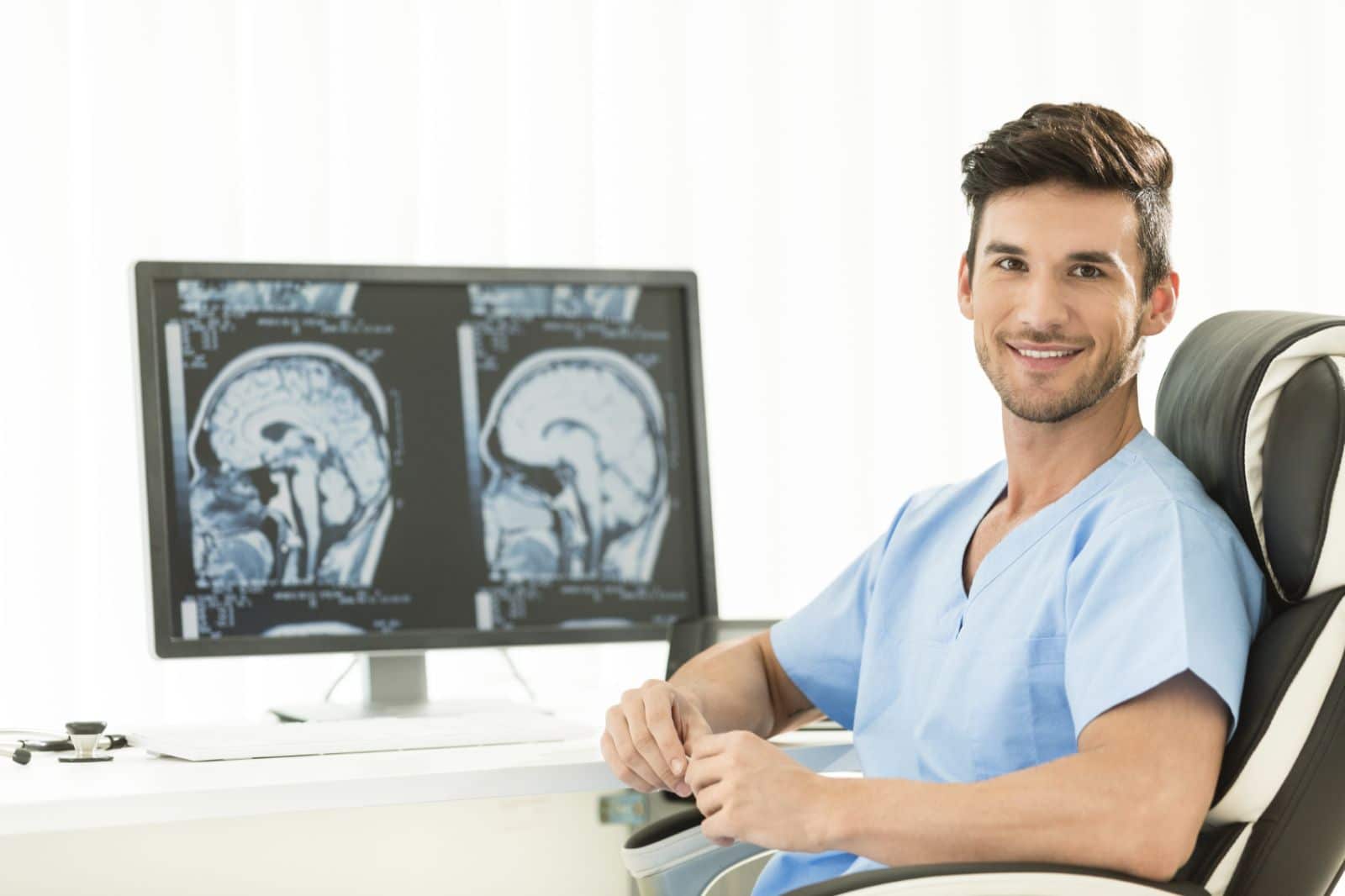
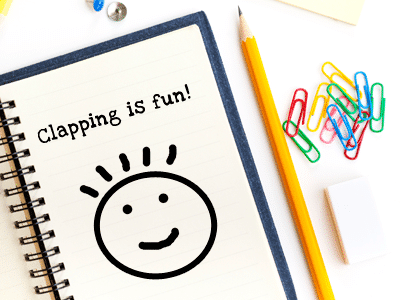
 These alternative treatments — electrotherapy stimulation, low-energy neurofeedback, working memory training, and interactive metronome — can help attention deficit adults and children manage ADHD symptoms without medication.
These alternative treatments — electrotherapy stimulation, low-energy neurofeedback, working memory training, and interactive metronome — can help attention deficit adults and children manage ADHD symptoms without medication.